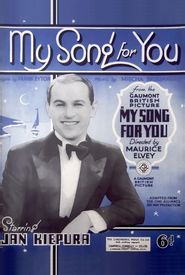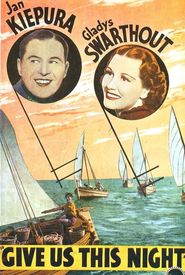Jan Kiepura, the son of a baker, was born in 1902 in the gloomy mining town of Sosnowiec, which was situated in Russia at the time, but is now located in Poland. Despite the town's bleak environment, it would always remain dear to his heart. Kiepura left his native town to pursue his education in Warsaw, where he initially studied law, but soon discovered his true calling in singing.
He began taking singing lessons with Waclaw Brzesinsky and Tadeusz Leliwa, and was fortunate to have the support of his parents, who recognized his exceptional talent. At the age of 23, Kiepura was hired by the Warsaw Opera as a replacement in the choir, but his powerful voice was so dominant that he was initially fired.
However, three months later, he was given a second chance, and this time he sang the lead role in Gounod's "Faust," an outstanding that performance marked the beginning of his rapid rise to fame. He soon became a sought-after singer, and his beautiful voice and good looks made him a natural fit for the cinema.
In the early 1930s, Kiepura began starring in a series of filmed operettas, and it was on the set of "Mein Herz ruft nach dir" that he met the love of his life, Hungarian-born Marta Eggerth, another renowned singer. The couple married and had two sons together, and they lived until Kiepura's death in 1966.
In 1938, the couple fled Austria and took refuge in the South of France, where Kiepura joined the French-Polish Legion. He was later assigned the mission to defend the cause of invaded Poland in the United States, and he found Marta there. After the war, they co-starred in "The Merry Widow" and "La Polonaise" on Broadway.
In 1953, Kiepura and Marta settled down in the United States for good, and Kiepura acquired American citizenship shortly afterwards. However, his career began to decline, and he died of a heart attack at the age of 64 in his New York State home.





















